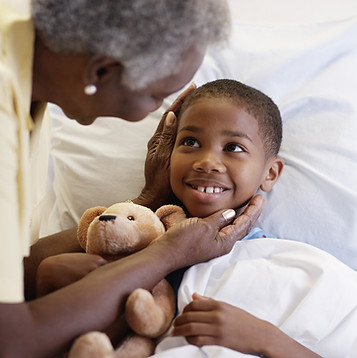
Psychological Development
Childhood and adolescence are often “writ large” on the adult. Contrary to the common view of centuries ago, children are not just little grown-ups. The works of renowned theorists such as Sigmund Freud, Alfred Adler, and Erik Erikson have supported what most parents recognize to be true: The events of childhood contribute to our psychological, emotional, and social development long into adulthood. Although we can argue and even find fault with psychoanalytic idealists like Freud, today no one really disputes that fact that experiences in childhood can shape our personality consciously and unconsciously.
A child who has suffered the loss of a sibling will undeniably be influenced deeply. This is a major life event, and an exceedingly negative one at that. That does not mean, however, that the effects will all be detrimental. Just as adults, kids can learn resilience and strength, and their emotional pain can be directed into healthy expression, leading to personal growth. In Erikson’s view, the key factor in determining whether childhood struggles resolve positively is the quality of social relationships. Attachment is crucial for children and adults alike; we are truly social creatures. Although our bonds may cause pain during a loss, they can also help pull us out of the depths of sadness. A healthy set is a connected self. Forging strong connections is one endeavor parents can encourage.
